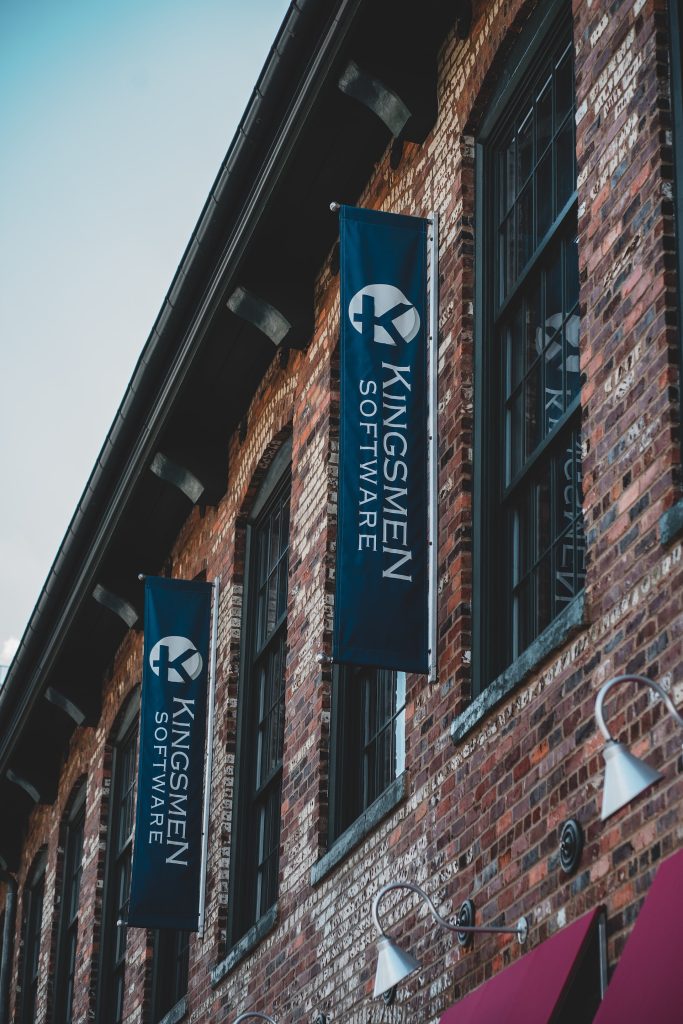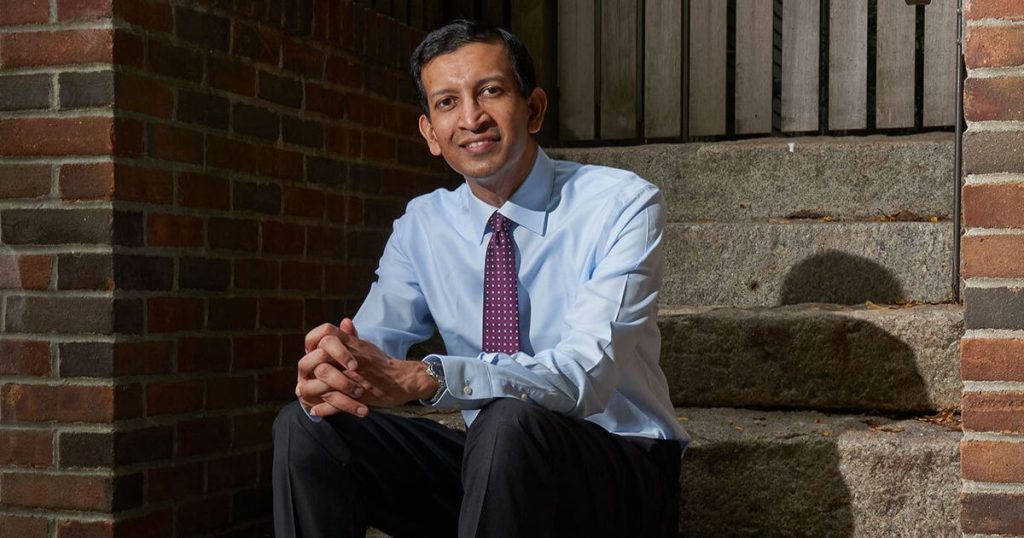Charlotte is making progress on economic mobility, but there is still more work to be done.
Opportunity Insights, the Harvard University-based research group led by Dr. Raj Chetty, earlier this year published Changing Opportunity: Sociological Mechanisms Underlying Growing Class Gaps and Shrinking Race Gaps in Economic Mobility, which shows Charlotte moved from No. 50 to 38 in economic mobility (the ability of children from low-income families to climb the income ladder and thrive).
Charlotte is ranked No. 3 out of 50 on economic mobility progress, moving upward faster than peer cities. In addition, Mecklenburg is the only county in the country where low-income white children experienced no decline in economic mobility.
“Charlotte is a city that in many ways has and continues to be ahead in our approach to community progress,” says Sherri Chisholm, Executive Director of Leading on Opportunity, an organization formed in 2017 in response to the initial study, which advocates for and tracks the progress in Charlotte that is often not readily available to the public. “We refused to accept our low ranking, and made a commitment to improve lives in Charlotte.”
The study examines children born in 1992 across the United States — specifically focusing on the bottom 20 percent of income distribution (about $26,000 annual household income) — and compares the data to children born in 1978. Outcomes for children born in 1978 were the subject of the 2014 Chetty study, which ranked Charlotte last among the 50 largest US cities.
The Changing Opportunity study shows racial gaps are closing, but class gaps are widening nationally, says Chetty, Director of Opportunity Insights. Low-income white children are doing worse or remaining the same, while low-income Black children are improving. “These results show that growing up in thriving communities — places where adults are employed and healthy and otherwise doing well — have a tremendous effect on the next generation. The new data shows that opportunity can change and points to lessons on how to change intergenerational opportunity in a fairly rapid timeframe,” he says.
Charlotte’s success in improving economic mobility may be in part due to the prevalence of economic connectedness, or the interaction between high (above-median) income people in low (below-median) income people’s communities and the likelihood low-income people will form friendships with the high (above-median) income people with whom they interact. Outcomes for low-income White, Hispanic, Asian and Native American children have not deteriorated in Charlotte as they have in other cities.
To support Dr. Chetty’s visit to Charlotte and further examine the new study and its implications for Charlotte, Leading on Opportunity worked with the Equitable Foundation to host two community roundtables in September, addressing specific groups: nonprofit/grassroots leaders and policy leaders/elected officials.
The collaboration with Equitable (the brand name of Equitable Holdings, Inc.), a leading financial services company, was a natural fit, says Chisholm, as the Equitable Foundation makes an impact by connecting and inspiring people.
“At Equitable, we believe in being a Force for Good within the communities where we live and work,” says Jarian Kerekes, Head of Social Impact and Equitable Foundation. “It’s about building up our surrounding communities and recognizing we’re stronger together – as a team, as a company and as a community.”
More than 100 community members attended the economic mobility roundtables, engaging with a distinguished panel of experts on topics pertaining to their sector of the wider collaborative work.
The carefully curated events, held at Community Matters Cafe in Charlotte, offered attendees access to Dr. Chetty and his team in an unprecedented way, allowing for an exchange of ideas in a safe, comfortable space.
“Charlotte understands the level of commitment necessary to continue to improve,” Chisholm says. “Through Leading on Opportunity and supporters such as the Equitable Foundation, the city has provided a roadmap on what it means to truly define and impact economic mobility.”
Additional sponsors of events surrounding Dr. Chetty’s visit include Bank of America, Deloitte, The Gambrell Foundation and Novant Health.



